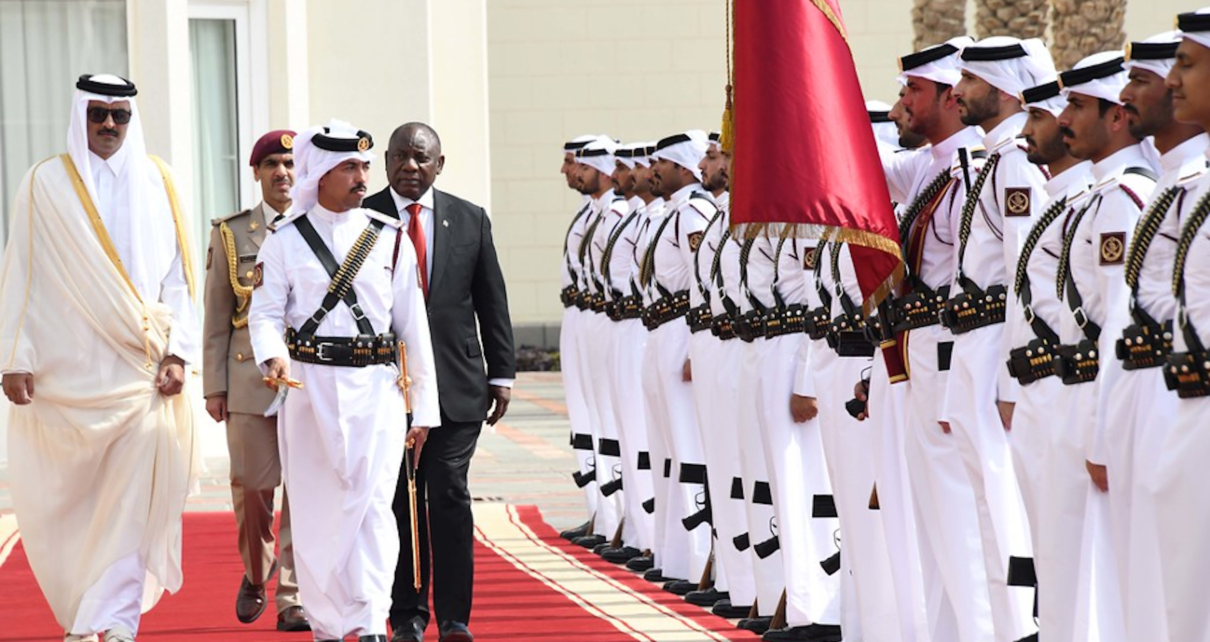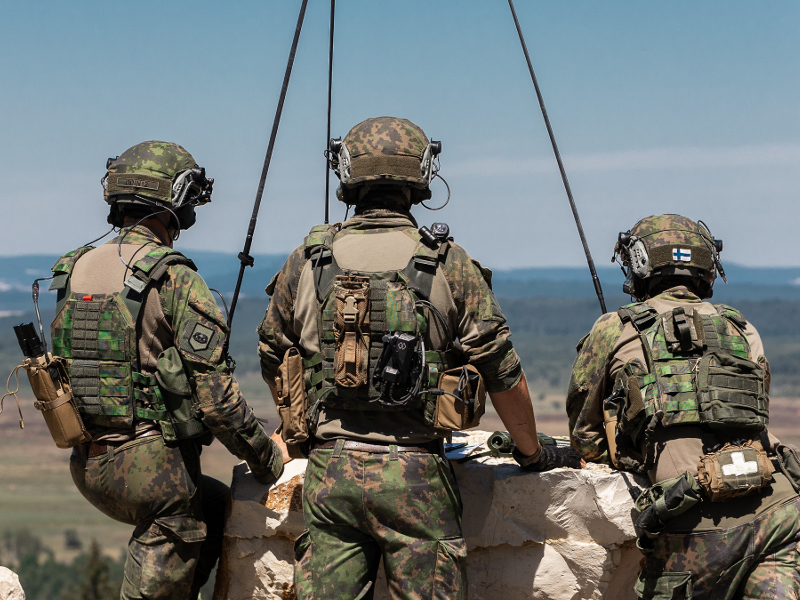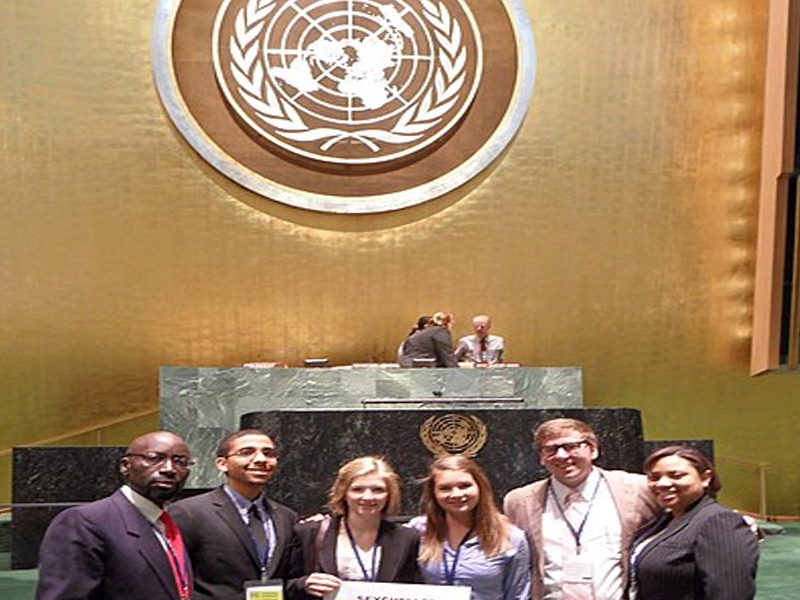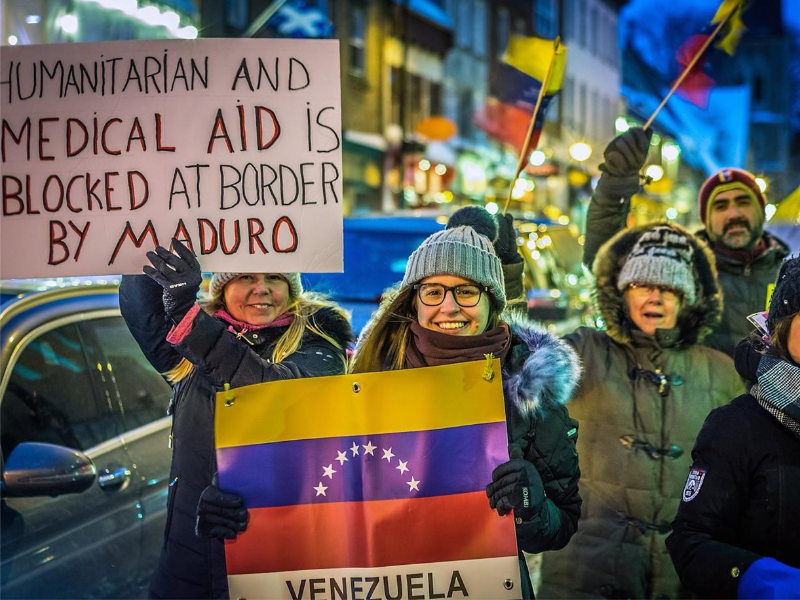This past spring, encampments began mushrooming on North American university campuses as part of a demand that the universities divest from all association with Israel. Most participants subscribed to some form of the ideology that both pushes the inaccurate notion that Israel is committing “genocide” against Palestinians and opposes Israel’s very existence. These are core Read More…
Author: Nathaniel Borins
NATO and Armenia: New Strategic Interests and Pathways Towards Contained Cooperation
For centuries, Türkiye has been a major player in the West’s economic, security, and international trade strategies. This has allowed Turkish governments to continue organized and popular discrimination and oppression against Armenians in Turkiye, which began before the Armenian Genocide of 1915 which Türkiye’s official position is to deny. Currently, an iteration of this situation Read More…
Finland and Sweden: Newly Joining NATO and Changing Foreign Relations
Between spring of 2023 and 2024, one major change happened to the European security landscape. In April 2023, Finland formally joined NATO, with Sweden following in March 2024. This change was preceded by Russia having invaded Ukraine in February 2022. Political leaders from both NATO and the newly admitted members acknowledged that they were responding Read More…
Democratic Norms in Senegal: A Case for Optimism
Senegal has long been a rare positive exception to other trends in governance when analyzing democratic successes in Africa. In spite of former President Macky Sall’s authoritarian slide during his terms from 2012 to 2024, the opposition victory this past April, followed by a peaceful transfer of power are confirmations of Senegal’s democratic trajectory. This Read More…
How Young People in Canada and the USA View National Security
The main purpose of scrutinizing youth attitudes to international security is understanding the influence young people can have on security policy. It can be difficult to determine how salient foreign or military policy is for Millennial and Generation Z voters in determining their voting patterns. However, the high-profile youth opposition to ongoing American support for Read More…
An Explanation of Western and Russian Interests and Aims in the Francophone West African “Coup Belt”
Since 2020, there have been seven coups in six French-speaking West African countries. Many of them have involved conflicts between military groups or established governments supported by France, and by extension the West and NATO, and rebel groups or juntas supported by Russia. France’s role as the main patron of established power in these countries Read More…
What Prime Minister Justin Trudeau and the Honourable Pierre Poilievre Can Learn From a Rightwing Libertarian’s Presidential Election Victory in Argentina
Argentina’s election last autumn saw a right-wing libertarian outsider with a unique public persona, Javier Milei, defeat the sitting center-left economy minister, Sergio Massa. Since the election’s main issues were the nation’s post-COVID economic troubles, there are many lessons that this can provide for other countries that are also coming out of the pandemic, even Read More…
Which Sectors Stand to Gain From Dollarization in Argentina?
On November 19, 2023, Argentina completed its presidential election, elevating libertarian candidate Javier Milei to the role. One of his primary campaign promises was to dollarize the economy. In addition to being a bold and uncommon campaign promise, Milei’s unconventional style of campaigning (eg. smashing central bank pinadas during television interviews) was idiosyncratic and contributed Read More…
International and Security Benefits of an Active Canadian Role in Venezuela
Many Venezuelans are eagerly hoping the election July 8, 2024 can be used to restart the rule of law and democratic norms in their country. Why should Canada actively support this process? Under socialist President Nicolas Maduro, during the 2010s, Venezuela became known internationally as the most left-wing country in Latin America, with the exception Read More…









